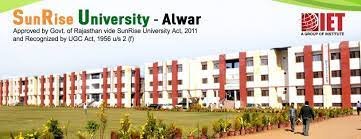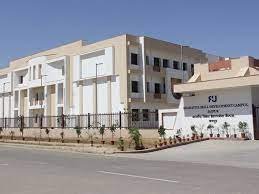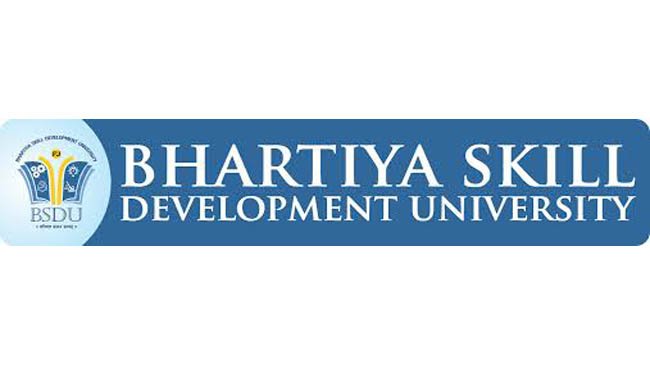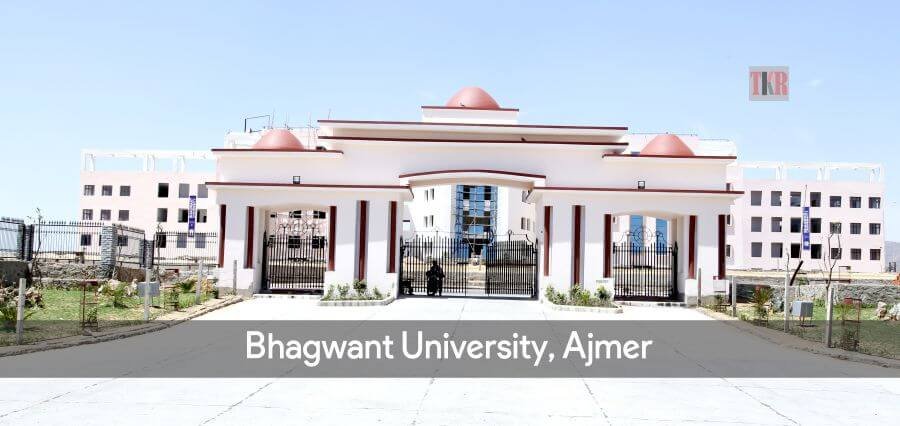Understand the admission criteria and gain insight into the program's fee structure, including tuition fees and financial assistance options available to aspiring students.
Eligibility Criteria and Fee Structure for B.Tech Computer Networking
The Bachelor of Technology (B.Tech) program in Computer Networking is a specialized field within computer science and information technology that focuses on the design, implementation, and management of computer networks. To pursue this program, it's essential to understand the eligibility criteria and the associated fee structure.
B.Tech In Computer Networking Eligibility Criteria
Eligibility criteria for admission to a B.Tech program in Computer Networking may vary slightly among institutions, but there are common prerequisites that applicants typically need to meet. These requirements ensure that students have a strong foundation in computer science and networking concepts. Here are the general eligibility criteria:
-
Educational Qualifications: Candidates should have successfully completed their higher secondary education or its equivalent, typically the 10+2 schooling system. During their 10+2 education, candidates should have studied subjects such as Mathematics and Physics as core subjects.
-
Minimum Marks: Many institutions have a minimum marks requirement in the core subjects, particularly in Mathematics and Physics. The specific percentage may vary, but candidates are generally required to have scored a minimum of 50% to 60% in these subjects.
-
Entrance Exams: In many countries, candidates are required to appear for national or state-level engineering entrance exams. Admission is often based on the scores obtained in these exams. The specific entrance exams and their weightage may vary by institution.
-
Age Limit: Some institutions may have an age limit for admission, typically between 17 and 25 years. However, this can vary.
-
Residency Status: For international students, there may be additional requirements related to visa and residency status, including proficiency in the host country's language, if applicable.
B.Tech In Computer Networking Fee Structure
The fee structure for a B.Tech program in Computer Networking can vary widely based on several factors, including the institution's reputation, location, and whether it is a government-funded or private institution. Here is a breakdown of the various components of the fee structure:
-
Tuition Fees: This is the primary component of the fee structure and covers the cost of academic instruction, access to laboratories, faculty salaries, and academic support services. Tuition fees can vary significantly between government-funded and private institutions. Government institutions often have lower tuition fees, while private colleges and universities may charge higher fees.
-
Lab Fees: Given the practical nature of computer networking, some institutions charge additional fees for access to well-equipped computer networking laboratories.
-
Hostel and Accommodation Fees: If the institution provides on-campus accommodation, students will need to pay hostel fees, which can vary depending on the type of accommodation (e.g., shared rooms, single rooms) and the location.
-
Examination Fees: This covers the cost of conducting semester or annual examinations and may be payable annually or on a semester-by-semester basis.
-
Library Fees: Some institutions charge fees for access to specialized libraries, including those with a wide range of computer networking books and references.
-
Miscellaneous Fees: This category includes various other fees, such as registration fees, sports fees, and student activity fees. These fees can vary from institution to institution.
-
Scholarships and Financial Aid: Many institutions offer scholarships and financial aid to deserving students based on academic performance or financial need. Students should explore these opportunities to reduce their overall expenses.
-
Additional Expenses: Students should budget for additional expenses such as textbooks, study materials, transportation, and personal expenses.
The fee structure can change from year to year, so it's advisable for students to check with the institution for the most up-to-date information. Additionally, students should explore options for education loans and financial planning to manage the cost of their B.Tech in Computer Networking degree.
 4 Years
4 Years
 Under Graduate
Under Graduate
 Engineering
Engineering














 back
back

